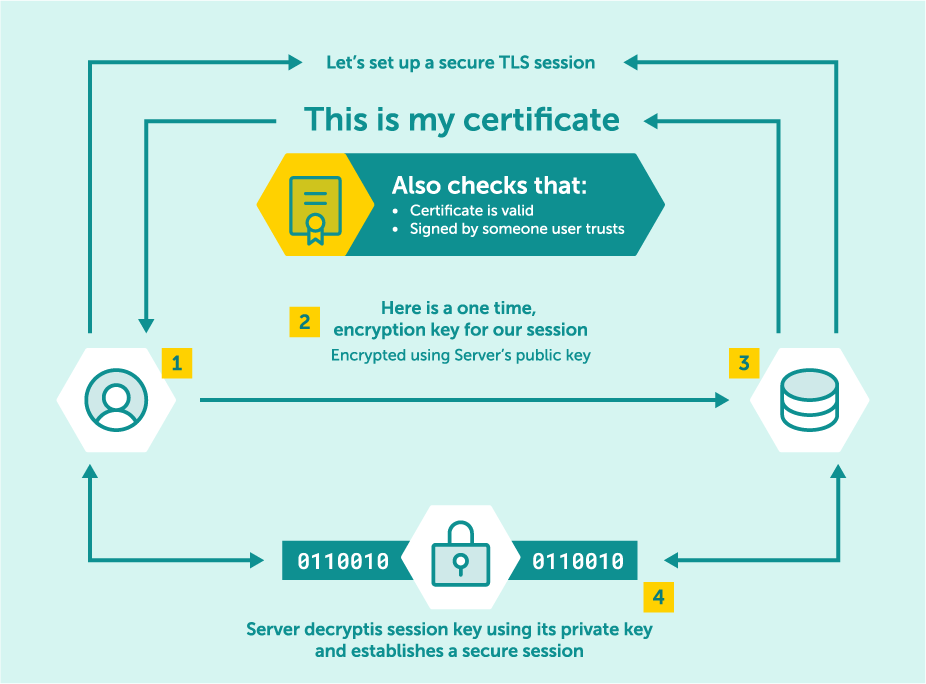Email security is an essential element that every company needs to ensure during the era of evolving cybercrime. Attacks by hackers on business entities very often target precisely email communication, both internal and external to end users. The consequences of their actions can be very serious, from bad PR and loss of customers to actual financial losses resulting from it.
Implementing a company’s email privacy policy is not enough, additional safeguards are also necessary. In this article, we hint at what email privacy and security are and outline good practices for applying them.
Under the term email security, there are a number of steps a company may take to make it more difficult for cybercriminals to gain access. A number of policies can be put in place regarding the use of business email accounts, and tools used to protect emails from threats such as spam, phishing or malware. Good solutions are:
With these safeguards, information, company or personal data sent via e-mail will be protected from unauthorized access.

Transport Layer Security is a protocol that establishes encrypted session between two computers on the Internet. It verifies the identity of the server and prevents hackers from intercepting any data.
Maximize your email deliverability and security with EmailLabs!
Email privacy is the practice of securing access to messages from unauthorized parties. It applies to storing, sending and sharing information regardless of where it is stored (e.g., servers or cell phones). Sending messages can be done through various systems and devices that are vulnerable to attacks.
Hackers can gain access to emails through:
Every company should develop and implement its own email privacy policy, which will include policies and procedures to protect against unauthorized access.
Email privacy and security for businesses – best practices
Digital communication, such as sending emails, always involves the risk of interception. Companies should therefore implement all possible safeguards to improve email privacy and security. Along with the above-mentioned solutions to strengthen email security, common best practices are:

Internet connection secured by VPN
Email security is a priority for companies operating in today’s digital world. If you care about it and high deliverability of both marketing and transactional emails, we encourage you to use our services.
We own a server infrastructure that allows integration with many mailing systems, which guarantees 98.8% email deliverability. This is achieved at such a high level by integrating Cloud SMTP and Email RESTful API with our infrastructure. Also, we take care of their security by using proper authentication methods. Working with us is a sure way to reach your customers!
We are proud to announce that Vercom S.A., the company behind the EmailLabs project, successfully passed an audit for compliance with the latest ISO/IEC 27001:2022 and ISO/IEC 27018:2019 standards....
Gmail has announced significant changes in the requirements for email senders to maintain a good reputation and proper classification of messages in user inboxes starting from February 1, 2024....
The increasing number of phishing attacks each year, and the projection that this trend will continue to escalate, aren’t likely to astonish anyone. This can be attributed, in part,...
Out of all the things that can go wrong when sending out marketing emails, having your emails end up in the recipient’s spam folder is arguably the most dreaded...
Email Authentication, Security
DMARC is an email authentication protocol that is designed to give domain owners the ability to protect their domain from unauthorized use, commonly known as email spoofing. Spoofing occurs...
With the emergence of the Covid-19 pandemic, many brands have been challenged to adapt in a short period to the changed reality and new consumer attitudes. That meant reorganizing...
Are you frustrated with the constant struggle of your emails getting blocked by Gmail? Have you ever wondered about the reasons behind this issue and, more importantly, how to...
In the ever-evolving landscape of email management, Google has announced an exciting upgrade to Gmail’s summary cards, aimed at improving user experience and streamlining inbox navigation. The latest enhancements,...
Antispam, Best practices, Dobre praktyki
Entering the world of email communication, you’ll encounter many terms that initially seem straightforward and intuitive. However, some of these can be pretty challenging. Accurately distinguishing between them is...
Are you frustrated with the constant struggle of your emails getting blocked by Gmail? Have you ever wondered about the reasons behind this issue and, more importantly, how to...
In the ever-evolving landscape of email management, Google has announced an exciting upgrade to Gmail’s summary cards, aimed at improving user experience and streamlining inbox navigation. The latest enhancements,...
Antispam, Best practices, Dobre praktyki
Entering the world of email communication, you’ll encounter many terms that initially seem straightforward and intuitive. However, some of these can be pretty challenging. Accurately distinguishing between them is...
Attaching a folder to an email may seem complicated at first glance, especially if you’re trying to send multiple files or an entire project’s documents to a colleague or...
Best practices, Deliverability
In today’s digital age, email has become an integral part of our personal and professional communication. We rely heavily on emails to send important messages, documents, and updates. But...
We are proud to announce that Vercom S.A., the company behind the EmailLabs project, successfully passed an audit for compliance with the latest ISO/IEC 27001:2022 and ISO/IEC 27018:2019 standards....
Best practices, Deliverability
Are you struggling to improve the deliverability and engagement of your email marketing campaigns? Look no further than email subdomains. You can protect your root domain and effectively manage...
What is the darknet? Shrouded in mystery for many years and often associated with ominous connotations, the darknet is a part of the internet that evokes curiosity, fascination, and...
A few weeks ago, at Vercom, we began the process of implementing the NIS2 Directive and preparing to meet the requirements of the Digital Operational Resilience Act (DORA). What...